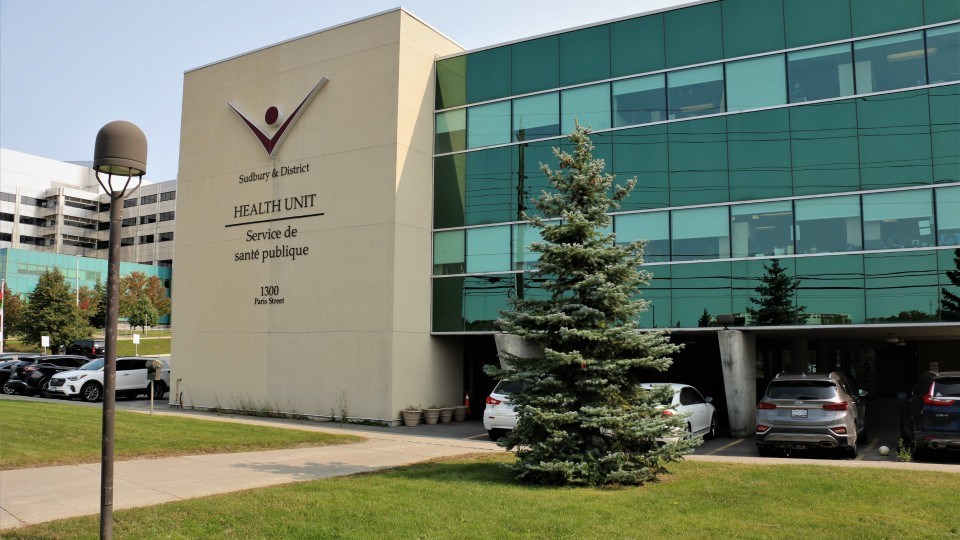Public Health Sudbury and Districts (PHSD) has published a 16-page "provincial election primer" that outlines what it says are key issues to be considered in the upcoming June 2 provincial election.
The document cover page urges readers to "Get Informed. Get Involved. Go Vote."
The pages after that outline issues such as mental health, food insecurity, paid sick days, affordable housing, Indigenous health and well being, anti-racism, opioids and substance abuse, infection control in congregate homes and climate change.
Along with a description of why each issue needs to be considered, public health offered key recommendations that should be acted on to help resolve the issue. PHSD said copies of the primer have been sent to all local candidates.
The document does not endorse any single political party, but the issues and positions taken in the election health primer can be found in some of the various Ontario party platforms.
Health units in Ontario, such as PHSD, do not answer directly to the provincial government. All 34 health units are governed by local health boards made up mostly of municipal appointees with funding provided by municipal governments in a cost-sharing agreement with the Ministry of Health.
In her written report to the Board of Health on Thursday May 19, Medical Officer of Health Dr. Penny Sutcliffe said team members at the health unit prepared the document along with social media and website content. The full document was included in the meeting agenda on Thursday May 19. No one on the board of health commented. The primer was published online on May 12.
"The materials inform provincial election candidates about the important public health issues in the communities that we serve and the role that public health plays in everyday lives," Sutcliffe wrote in her brief to the board.
The preamble in the PHSD document said all provincial legislators play an important role in shaping provincial policies, including our health.
"Public health looks to our representatives to create policies that provide opportunities to build a sustainable path forward and support the health of all," said the document.
The election primer also cited the COVID-19 pandemic as an excuse for the fact that some public health services have been put on pause.
"We take seriously our responsibility to understand, communicate, and implement the best-available evidence, including extensive and ongoing reviews of science and local epidemiology. However, our dedication to COVID-19 has meant that we have had to pause or scale back on many other essential public health programs and services during this two year period, creating a growing backlog of services and unmet needs," said the document.
It went on to say that public health "will continue to manage the pandemic to support the communities that we serve" adding that it would be critical for PHSD to refocus and re-engage in other programming activities and to plan the approach moving forward.”
The document did not speak to the labour costs for Sudbury public health that have risen sharply during the pandemic. A statement released by PHSD in March said the pandemic required local public health employees to work significant amounts of overtime.
Data provided by the Ontario government showed significant salary increases, through the Sunshine lists in recent years, which listed the salaries of public sector employees earning more than $100,000 a year.
Data released in 2022 showed 61 PHSD employees on the 2021 Sunshine list with the sum of local PHSD salaries reaching $8.7 million, in the second year of the pandemic.
Data for the previous year (2021) showed 28 PHSD sunshine employees with the sum of local salaries as more than $3.5 million in 2020, the first year of the pandemic.
Data for 2019, showed only nine sunshine list employees, with the sum of local salaries at just over $1.4 million in the year with no pandemic.
